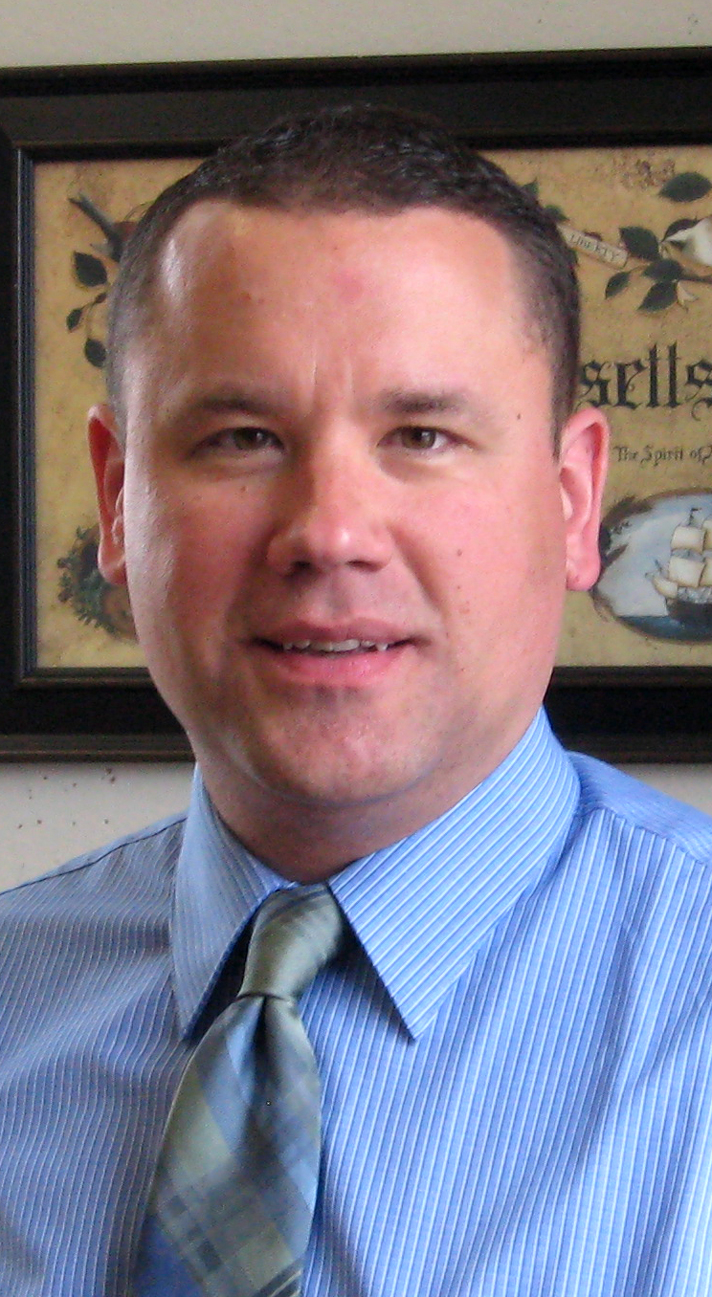WESTFIELD – The Community Preservation Committee is considering the adoption of policies and procedures that would be required as part of its grant application review process.
The committee members discussed options for more than an hour Thursday night without coming to a agreement as to the exact requirements it will seek from applicants seeking access to Community Preservation Act funding.
The committee is seeking to establish policies to protect the investment of public funds in projects being considered or approved by the committee.
Committee member William Porter said that “there are two distinct types of grant applications,” those submitted by municipal agencies, such as the Historical Committee and Parks & Recreation Commission, and those submitted by private concerns.
Porter said the municipal departments seeking CPA funding have to comply with all city and state laws, including bidding procedures and that various other city departments, such as the Building Department, ensure that the projects perform as planned.
“City projects have to comply with (state procurement) bid laws and there is municipal oversight,” Porter said, “but the private projects are not subject to that level of oversight.”
“Grant agreements could control how money is disbursed for private projects,” Porter said.
Principal Planner Jay Vinskey said the committee can structure funding of private projects through the grant agreement, such as establishing a reimbursement system that would require the private project administrator to front funds, and then submit invoices to secure reimbursement from the grant funds.
The committee members discussed other options, including private agencies submitting competitive bids from qualified vendors, as part of the grant application process.
Frequently private entities submit a grant application without specific funding requirements. The requirement to secure competitive bids would identify the specific funding needs as part of the application submittal.
Committee member Vincent Olinski said that Community Preservation Committees of other communities, such as Agawam, have a tiered bid requirements based on the amount of the grant being applied for by applicants. Applications seeking grants under $5,000 require only quotes, which are not legally binding, while grants seeking more than $25,000 require formal, and legally binding, bids.
Other CPCs have different standards for unique projects and include the option of a sole-source bid from a subject matter expert.
Committee Chairman Joe Muto said the percent of the project cost that would be funded by a grant could also trigger different, and escalating, bid requirements.
“What we’d be looking for is a cost estimate from someone with knowledge and experience,” Muto said.
Muto said that the committee may also want to ensure that contractors are licensed and carry performance insurance as a means of protecting awards of grant funding.
Olinski said that the standard of review could also depend on the percentage of a total project cost being funded through CPA grants, and that the lower the percentage of CPA money involved, the greater the risk on the private entity to successfully complete that specific project.
Committee member Cindy Gaylord said that site visits provide the committee with an avenue to see progress. Muto added that that approach also “give us a greater presence” with private entities.
Vinskey said he would compile the suggestions for further review at the committee’s April 9 session.


